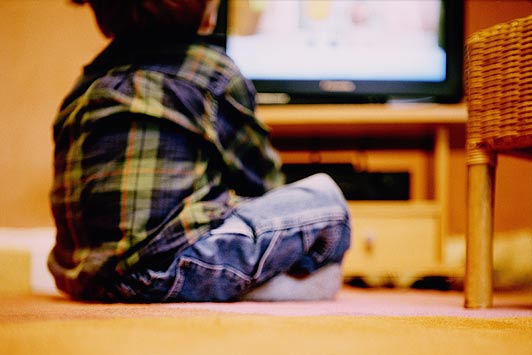Recent research has shown that the blue light produced from TV screens and other electronic devices overpowers melatonin, an important sleep hormone that controls sleep and wake phases and prompts sleep. Smart phones, tablets and other electronic devices with self-luminous electronic displays have been shown to defeat melatonin at night; this can interrupt sleep. This means your kid has a lack of the sleep they need. Here are some points on how TV and other Gadgets affects Kid’s sleep.
Regular sleep routine
Regular, expected positive bedtime routines are very helpful for kids. The evidence shows that regular liable bedtime routines support children to fall asleep more quickly and easily. It results in less night waking and healthier parents.
Use night lights
If you or your child needs access to light in the middle of the night, use small nightlights. Rather than switching on bathroom lights. Use low-illumination night lights to guide you at night when you need to get up in the dark. Consider using orange enhanced light in lamps or night lights.
No electronic devices in the bedroom
If your kids are using tablets and smart phones before going to bed, you could also improve their sleep by not using them in the hour before they go to bed. It is best to keep electronic devices and gadgets out of the bedroom if you want your child’s good sleep.
How much time kids spend in front of a computer or gadgets

Young people are spending an increasing amount of time in front of computers and this may affect the improvement of the brain. Time spent in front of a computer and fewer time spent in direct contact with other people will cruel that children and youth’s brains improve differently.
Check your child’s TV before going to bed
It may worth checking what they are watching on TV as even some children’s programs can be alarming for young children. A TV in your child’s bedroom has a bad effect on sleeping.
Throughout the day, while watching TV can be helpful for a child’s education and is a lifeguard for many busy parents assessment the demands of a busy life. Too much TV can also be risky if overworked. Children cannot cooperate with a TV. The benefits of parents spending time chatting to and playing with their children are supported. Research shows that for children under the age of two talking, reading, listening are more important to a child’s improvement than watching TV.
Also check: Getting Kids into a Bedtime Routine

